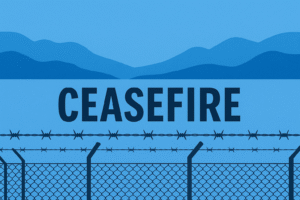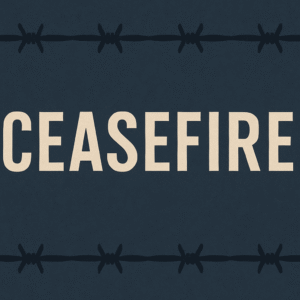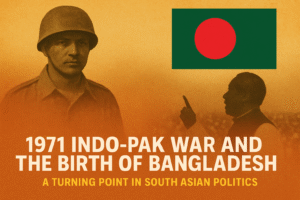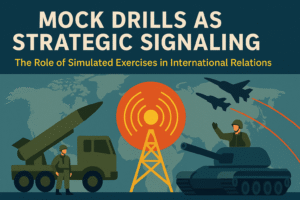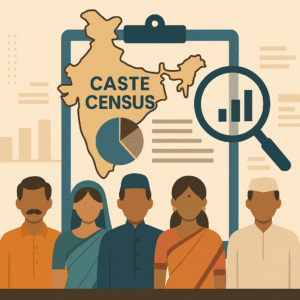The Right to Freedom of Religion: Global Significance, Laws, and Future Challenges
Introduction The Human Right to Freedom of Religion is one of the most fundamental rights recognized in modern democracies and human rights instruments. It upholds each person’s freedom to choose, practice, change, or abstain from religious belief without coercion or discrimination. As societies become more pluralistic, the Right to Freedom of Religion acts as a […]
The Right to Freedom of Religion: Global Significance, Laws, and Future Challenges Read More »


